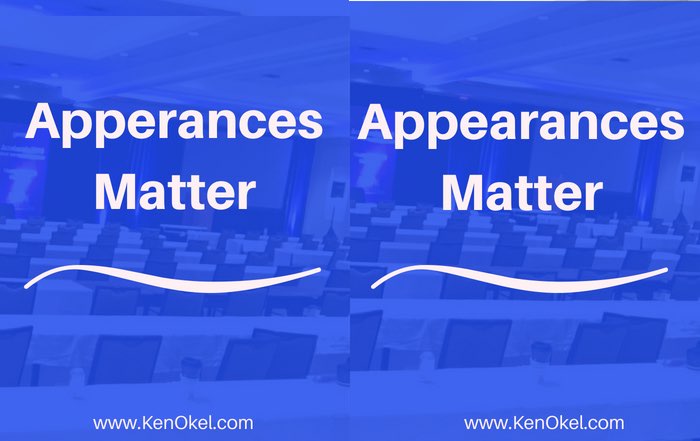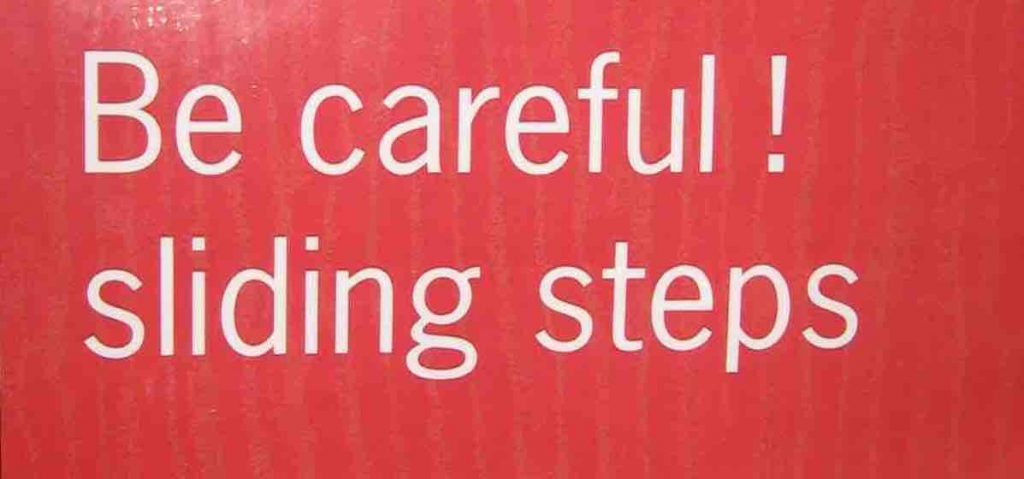 It’s not unusual to see otherwise effective workers making mistakes when they’re busy. We know the mistakes will happen but do you have a process for figuring out what went wrong? Ultimately, this can help prevent future costly and embarrassing problems.
It’s not unusual to see otherwise effective workers making mistakes when they’re busy. We know the mistakes will happen but do you have a process for figuring out what went wrong? Ultimately, this can help prevent future costly and embarrassing problems.
The Familiarity Trap
We often see The Familiarity Trap with things like typos. Something looks right and when we’re busy, we assume it is right.
The picture you see at the top of this article is from a case study I conducted on LinkedIn. I wrote a real post (about how I think it’s very important for speakers to show up early to events, rather than have the mindset of a pizza delivery person) but then added an image with the word, “appearance” misspelled (you’re seeing both versions, side by side).
I was curious to see if anyone would notice the error. It took about five hours and more than 700 views before someone (turns out it was a stranger) privately and politely reached out to mention the mistake.
“Appearance” and “apperance” look very similar and I imagine many scan their LinkedIn timelines, rather than study every word. Still, I was surprised by the results.
Making Mistakes: Reducing Typos
- Are there people in your organization who are good at proofreading? Make sure they are that extra pair of eyes that check important messages.
- These people should be rewarded for the extra work. It doesn’t have to be a vacation to Hawaii but there should be some recognition. Consider the cost of a mistake. Now consider catching the mistake before it goes out.
- Can you isolate when these mistakes take place? If there are certain times when things are chaotic, then those are not good times to compose important messages.
- While spellcheck does not catch all errors, do you have a review process for important documents? Can it be put into a checklist?
- In addition to spelling and grammar programs, some read written documents out loud to discover potential mistakes. Others will proofread from the bottom up, so the last paragraph is reviewed first.
Making Mistakes: A Knowledge Gap
While traveling in France, I came across this sign.
Someone had thoughtfully warned people that some old stone steps could be slippery. Unfortunately, the translation slightly missed the mark.
We all have gaps in our knowledge and that’s okay. But are you trying to bridge the gap?
For instance, if you’re not sure how to abbreviate a word, are you looking it up? The same goes for understanding how to address a letter to a someone important, like a judge.
The information is a quick Google search away but people have to know they should look it up, versus guessing or assuming. And double checking should be encouraged, supported, and not mocked.
Final Thought
Mistakes are inevitable but you can minimize their appearance and impact.






